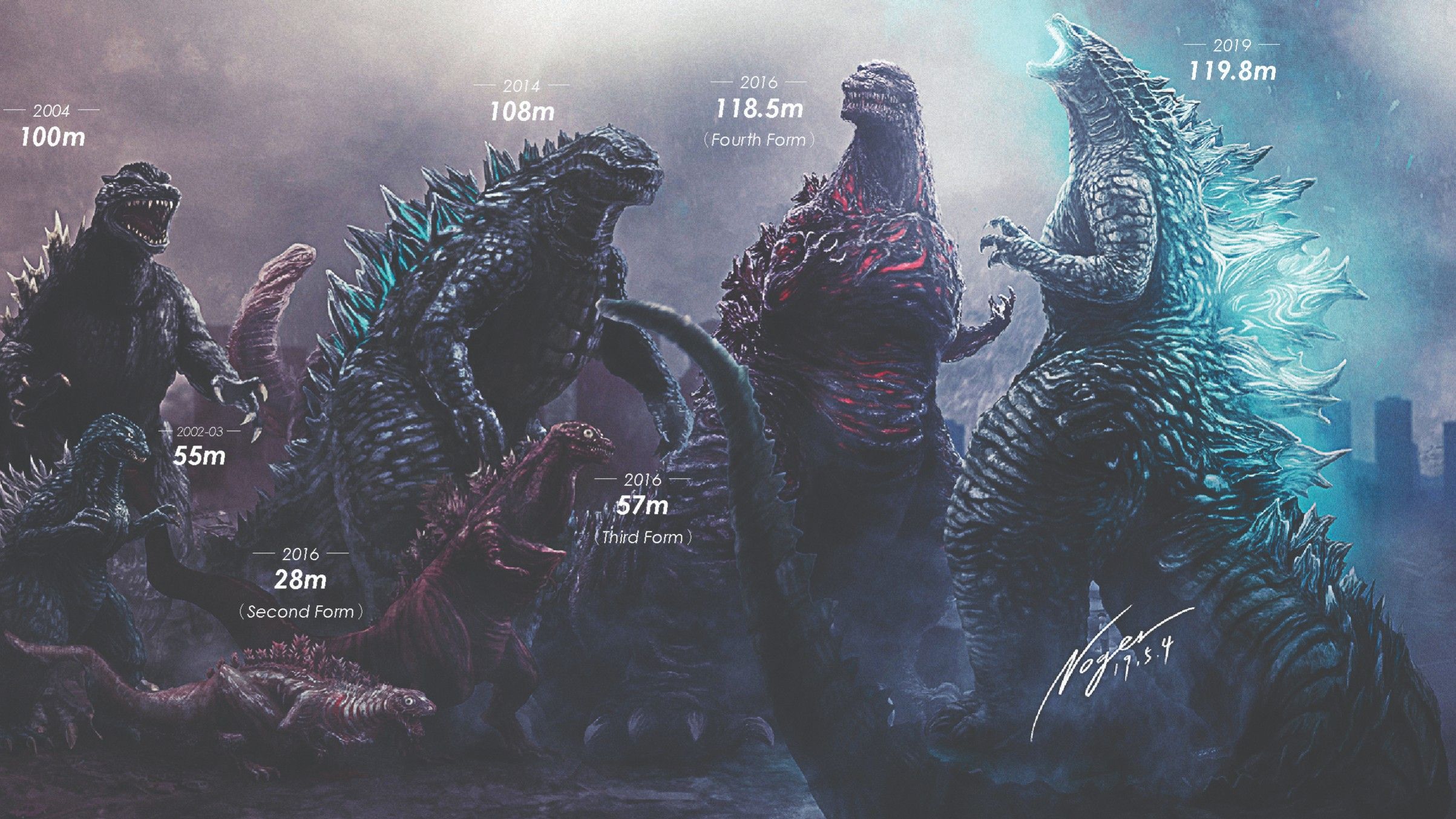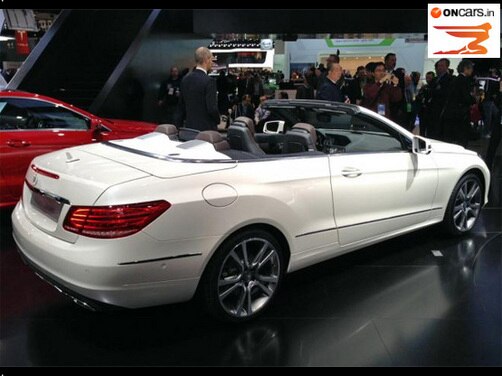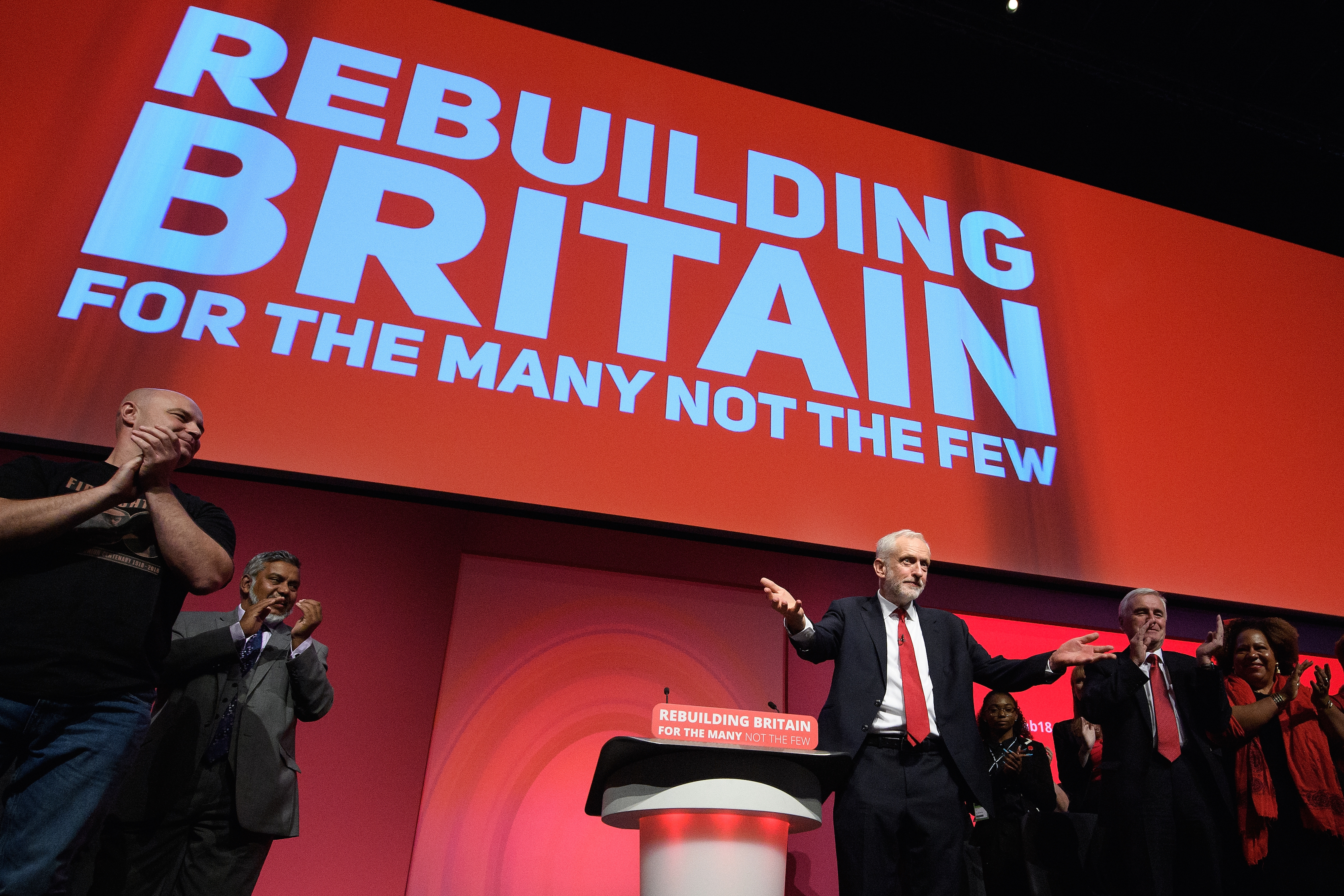- Select a language for the TTS:
- UK English Female
- UK English Male
- US English Female
- US English Male
- Australian Female
- Australian Male
- Language selected: (auto detect) - EN
Play all audios:
When Led Zeppelin broke up in 1980, it left fans of one of the most super of rock's supergroups dazed and confused. For lead singer Robert Plant, it created the challenge of going solo
after being so identified as the voice of what _Rolling Stone_ magazine recently dubbed "the heaviest band of all time." Plant's first concert as a solo artist took place in
1982, but the singer remembers his nervousness like it was yesterday. "In the afternoon of that day in Peoria, Ill., I was really emotional. Hopping up and down and pacing around. I
mean, in those days, Led Zeppelin was legendary. It was still alive." "I thought, maybe I should just quit now [because] nothing could be like that. But on the other hand the great
challenge was, what's it going to be like?" From 1968 through the '70s, Led Zeppelin grew from just another British blues band to ascend the throne of heavy metal. In their
prime, they ruled the arenas and stadiums. No other hard-rock group was as consistently popular, as influential or as explosive. Led Zeppelin split up in 1980, when the heartbeat of the
group, drummer John Bonham suddenly died. RETAKING THE STAGE When Plant kicked off his solo career that night in 1982, he had to face up to his own legacy. "I walked onto the stage and
I was absolutely drowned," he says. "I was reduced to the size of a mouse because the response from the audience was amazing." _Nine Lives_ is the title of a new box set that
charts a 25-year musical journey, as Plant explored different sounds and remained a leading voice in rock. At first, he relied a bit heavily on synthesizers and drum machines. But hey, it
was the '80s. Other steps along the way included: Plant's brief role with The Honeydrippers, a rhythm and blues revival group; his ongoing fascination with the music of North
Africa; and his 1988 reunion with Led Zeppelin guitarist Jimmy Page –- which yielded a hit that creatively used familiar snippets of their best-known recordings. "I know that [Page] was
very dubious when I started sampling Led Zeppelin on 'Tall Cool One' but I said, 'Look, you know, if the Beastie Boys can do it, I guess everybody can do it...'" A
FAMILIAR MUSICAL BLEND In 2005, Plant released the album _Mighty Rearranger_, and his journey seemed to come full circle, back to that familiar blend of hard rock, folk music of the Near
East and a heavy dose of the blues. "It's big and strong and powerful. That's its relationship with Led Zeppelin. That's what my music has become, even more so now with
_Mighty Rearranger_. One part is beckoning you towards the Sahara, while another part is taking you into San Francisco in '67." Robert Plant, 58, is still more at home on the road,
or in the studio, than he is on his Saxon country estate. He describes a recent encounter with another rock veteran –- the guitarist from Pink Floyd — at a hotel in Paris. "I was
talking to Dave Gilmour. I said, 'How long are you out for?' He said, 'Three weeks, and you?' I said, 'Well it's 128 shows in and I can't see it
ending.' So, I mean, it depends on whether you actually just do a few gigs to please the record company and go back to the fortress. Or you find that your home is everything, everywhere
and everyone." Plant is a grandfather, but retirement is not in his plans. "My two older kids have got kids of their own now, but they're all musical. I think they quite
expect me to disappear into the desert for years on end and come out, you know, with a beard down to the floor going, 'Hey, you'll never guess, I found a new scale!'"
Copyright 2022 NPR. To see more, visit https://www.npr.org.






